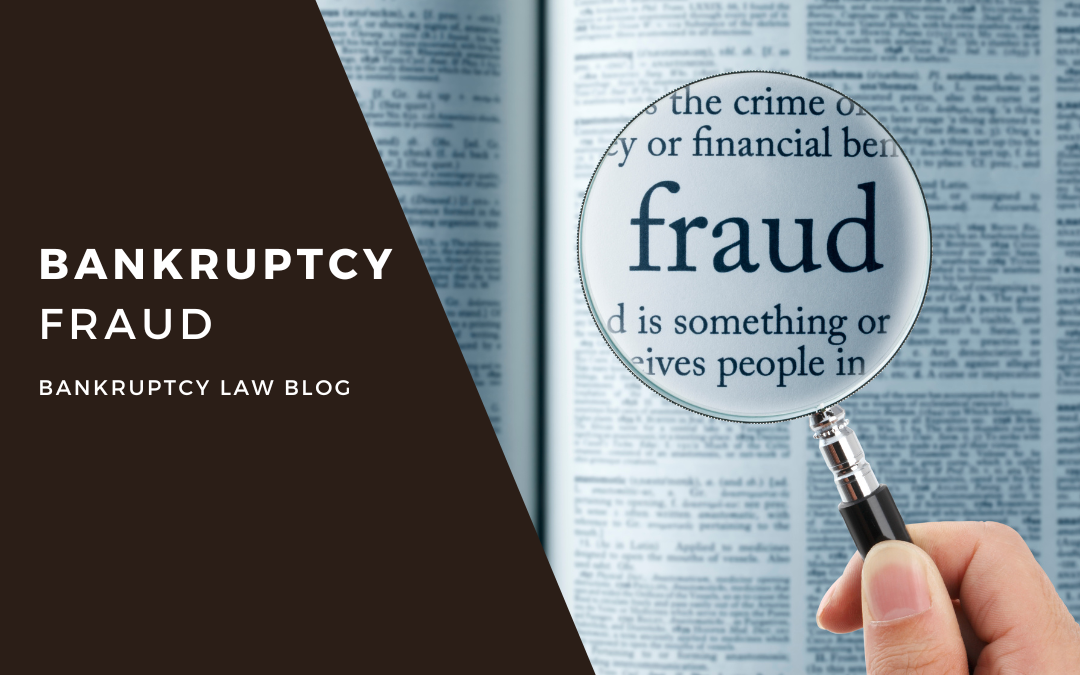
by designonetest | Sep 22, 2022 | Blog
The Federal Bureau of Investigation (FBI) estimates that 10 percent of all bankruptcy filings involve fraud. According to UScourts.gov 413,616 bankruptcies were filed in the U.S. in 2021. That means that over 40,000 cases were fraudulent. In discussing bankruptcy...
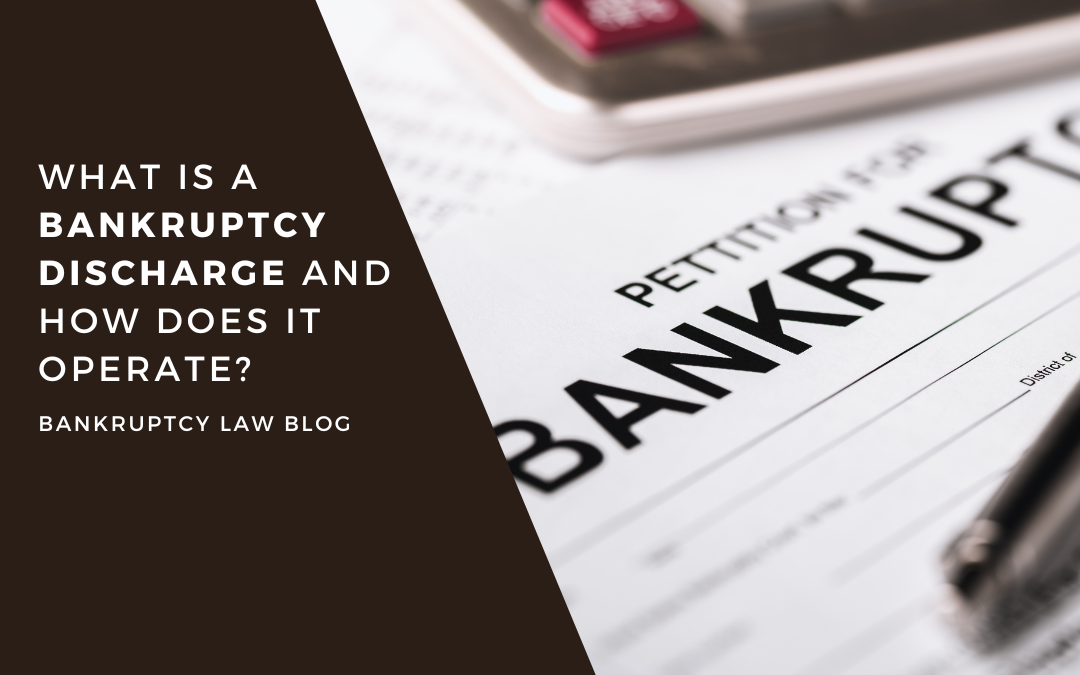
by designonetest | Sep 22, 2022 | Blog
A primary reason individuals and businesses file for bankruptcy is to have their debts discharged or reorganized. Under a debt reorganization, such as a Chapter 11 or Chapter 13 Bankruptcy, the filer works with court representatives to restructure their debts into a...
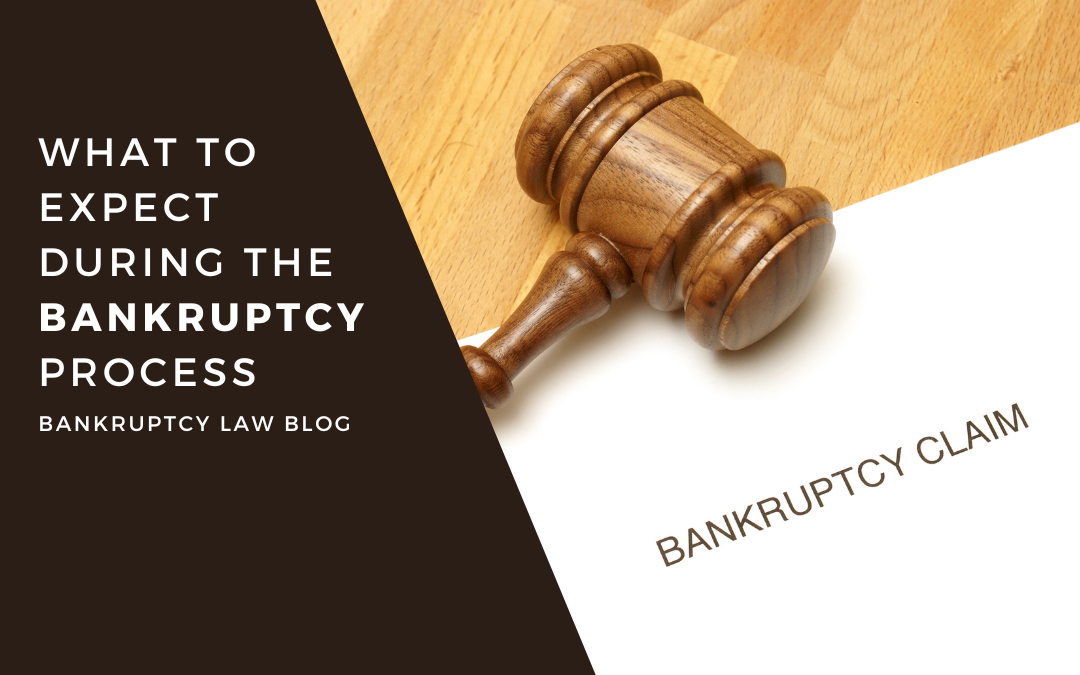
by designonetest | Sep 22, 2022 | Blog
Ironically, despite a bankruptcy filing being a life-changing event, the debtor had limited contact with the court, especially if represented by an attorney. In very rare instances will the debtor actually meet the judge, as all court interaction is through the...

by designonetest | Sep 22, 2022 | Blog
Filing for bankruptcy is a financial decision that can have long-term financial, business, and life impacts. A qualified lawyer can ensure that you make decisions that are aligned with your unique circumstances and financial needs. Specific support from an attorney...
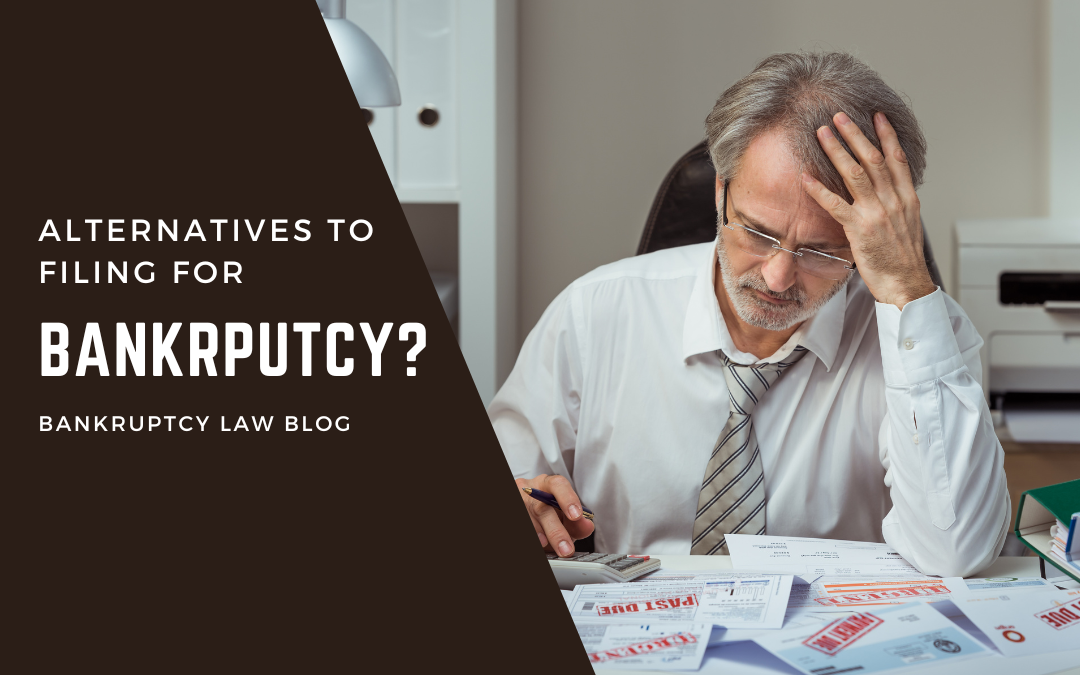
by designonetest | Sep 22, 2022 | Blog
Bankruptcy sometimes is the right solution to overwhelming debt and financial burden, but it’s not the only option. Therefore, it’s important to consider all options, including the pros and cons, before proceeding with filing for bankruptcy. For instance, bankruptcy...
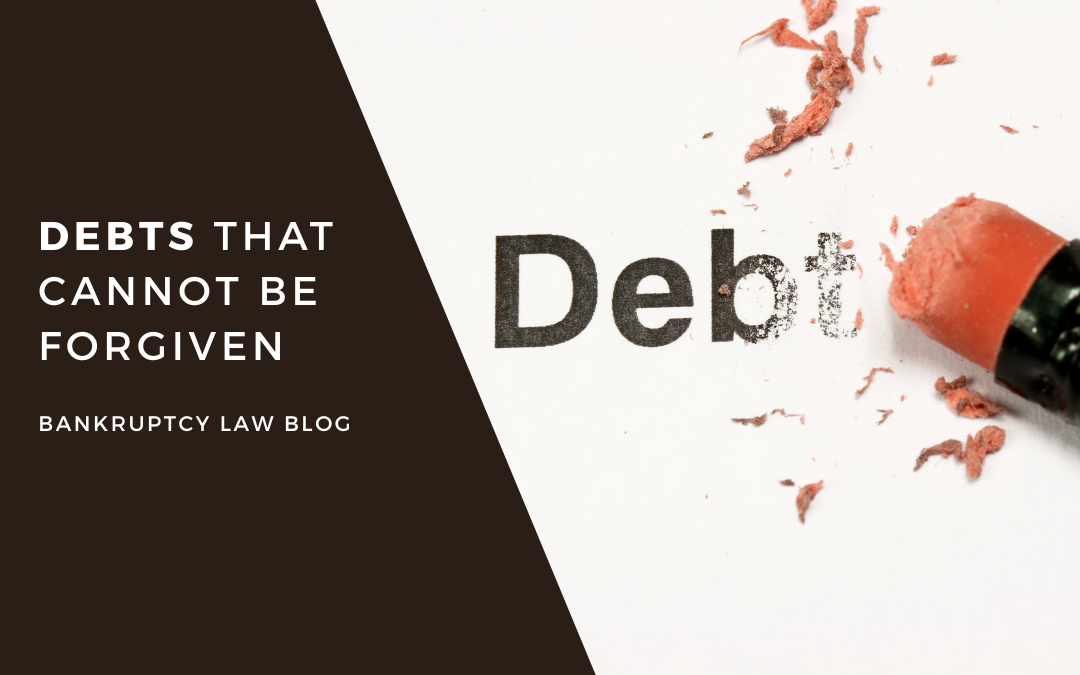
by designonetest | Sep 22, 2022 | Blog
Bankruptcy helps you resolve many kinds of unsecured debts, like personal loans or credit card debt. But, filing for bankruptcy doesn’t discharge all types of debts. The U.S. Bankruptcy Code specifies 19 categories of debts that can’t be discharged for Chapters 7, 11,...







